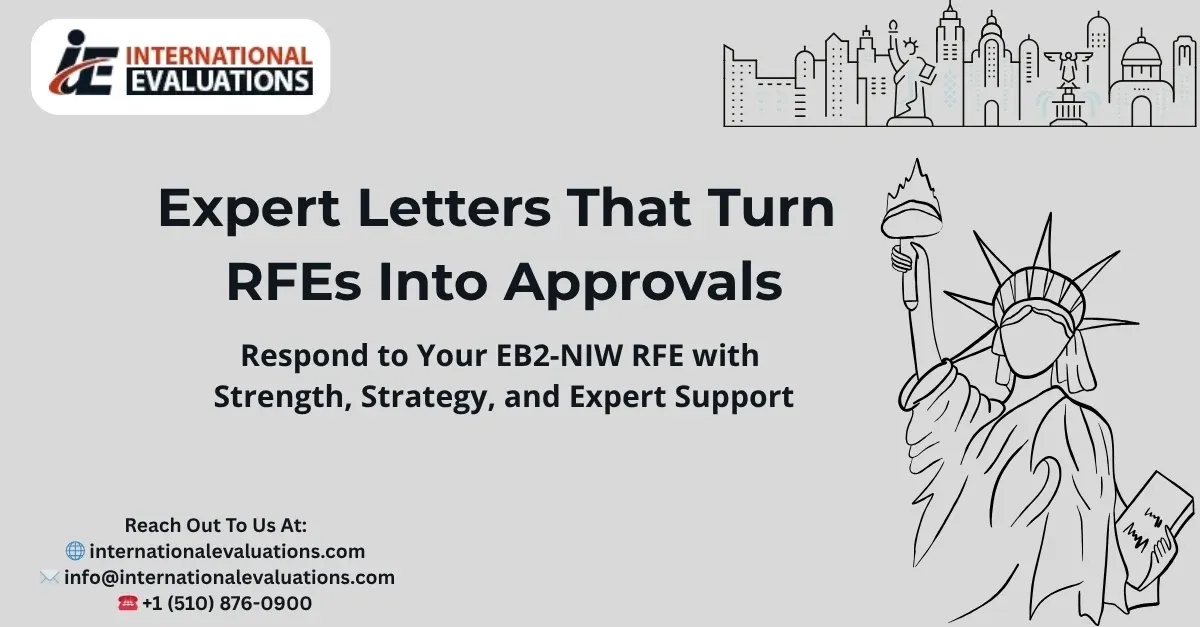Introduction
In today's interconnected world, the need for scholastic credential assessment has never been more pressing. As individuals pursue opportunities across borders, the importance of understanding and validating scholastic qualifications becomes vital. Course-by-course examinations serve as a bridge in between regional education systems and international acknowledgment. This article aims to check out the various dimensions of course-by-course examinations in academic qualifications, detailing their significance, procedures, and ramifications for international mobility.
From Regional to Worldwide: The Role of Course-by-Course Evaluations in Academic Credentials
When we discuss course-by-course evaluations, we're diving deep into the specifics of an individual's instructional background. Unlike basic credential assessments, which provide a summary of a degree's equivalence, course-by-course examinations break down every course taken throughout one's academic journey. This granular method enables institutions and employers to comprehend not simply what degree a prospect holds however likewise the material and rigor associated with every individual course.
Understanding Academic Credential Evaluation
What is Academic Credential Evaluation?
Academic credential evaluation is a process through which academic qualifications obtained in one country are compared to those in another. This service https://dominicktpkk227.huicopper.com/credential-assessment-providers-bridging-the-space-between-academics-and-professions is important for trainees looking for to study abroad or experts looking for job opportunity overseas.
Why is Academic Credential Assessment Important?
Facilitates International Movement: It helps people get to instructional institutes and task markets in foreign countries. Ensures Equivalence: Institutions can assess whether foreign degrees fulfill their standards. Promotes Openness: It provides clearness on what a prospective student or employee gives the table.The Process of Course-by-Course Credential Evaluation
How Does Course-by-Course Evaluation Work?
The procedure generally involves a number of steps:
Document Collection: Prospects should collect records and syllabi from their previous instructional institutions. Submission: Documents are submitted to an examination service specializing in worldwide credentials. Analysis: Critics analyze courses based on material, level, credits earned, and grades received. Report Generation: A comprehensive report laying out each course's equivalency is provided.Benefits of Course-by-Course Evaluations
Why Select Course-by-Course Evaluations Over General Evaluations?
- Detailed Insight: Supplies detailed details about specific courses that can be vital for sophisticated studies or specialized jobs. Better Decision-Making: Companies can make informed choices based on individual coursework rather than generalized degree titles. Customized Reports: Tailored reports can highlight strengths pertinent to specific fields.
International Credential Evaluation Solutions: An Overview
What Are International Credential Examination Services?
These services specialize in evaluating academic credentials from around the world for individuals wishing to study or work abroad.

Top Providers of International Credential Assessment Services
World Education Services (WES) Educational Credential Evaluators (ECE) National Association of Credential Assessment Services (NACES)Course-by-Course vs. General Credential Evaluations
|Feature|Course-by-Course Evaluation|General Evaluation|| -----------------------------|-----------------------------|----------------------------|| Detail Level|High|Low|| Perfect For|Graduate studies/employment|General admission|| Report Type|Comprehensive|Summary|
Work Experience Evaluation: Adding Value to Credentials
What Is Work Experience Evaluation?

In addition to academic qualifications, numerous services offer work experience assessments that evaluate expert experiences relative to industry standards.
Importance of Work Experience Evaluation
- Helps line up useful skills with theoretical knowledge Enhances employability by providing a well-rounded view of a candidate
Expert Opinion Letters: Their Role in Academic Credentialing
What Is an Expert Viewpoint Letter?
A specialist opinion letter provides additional insights from specialists concerning the relevance and strength of a candidate's qualifications.
When Is a Professional Opinion Letter Needed?
- When requesting specialized programs To complement official examinations lacking detail
Business Plan Assessment: Connecting It All Together
A company plan examination examines entrepreneurial propositions' viability and can be crucial when evaluating qualifications connected to business management courses.
How Organization Strategy Evaluations Relate to Academic Credentials
- Provides context on how theory applies practically Highlights candidates' understanding of real-world applications
Case Studies: Effective Transitions Through Course Evaluations
Case Research study 1: A Trainee's Journey from India to Canada
This example illustrates how detailed course assessments made it possible for a student from India to gain admission into a Canadian Master's program by showing equivalency in coursework.
Case Research study 2: A Professional's Move from the UK to Australia
This story demonstrates how work experience assessments complemented academic qualifications, permitting a finance specialist from the UK seamless entry into Australia's competitive task market.
Challenges Dealt with During Academic Credential Evaluation
Despite their advantages, course-by-course assessments included obstacles:
Documentation Concerns: Absence of standardized formats throughout countries makes document submission tedious. Misinterpretation: Various educational systems lead critics to translate courses differently. Costs Included: Costs for detailed assessments can be high.FAQs About Course-by-Course Evaluations
What documents are required for a course-by-course evaluation?
Typically, you'll need records, syllabi, and any supplementary paperwork that details your coursework details.
How long does the evaluation process take?
Evaluation duration varies by supplier however generally varies from two weeks to a number of months depending upon workload and complexity.
Are course-by-course assessments accepted globally?
Most institutions recognize these examinations; however, it's always finest practice to check particular requirements with your institution or company beforehand.
Can I get my work experience assessed together with my academic credentials?
Yes! Many evaluation services offer combined assessments that consider both education and professional experience.
What if my institution doesn't provide syllabi?
You might require to provide alternative documents that describes your courses' content or reach out directly for support from your former school.
Do I need a professional opinion letter if I currently have an official evaluation?
While not constantly necessary, a professional opinion letter can bolster your application by providing additional insights into your certifications' importance or uniqueness.
Conclusion
Navigating the complex landscape of scholastic credential examination is essential as we move from local contexts into worldwide opportunities. Understanding the role that course-by-course assessments play makes sure that individuals can efficiently equate their academic experiences into significant credentials acknowledged worldwide. By welcoming these examinations-- alongside complementary services like work experience assessments and skilled opinion letters-- trainees and experts alike can position themselves favorably within global arenas, opening doors formerly deemed closed due solely to geographic boundaries.

With globalization at our doorstep, it is time we acknowledge that education knows no borders; it simply requires proper recognition through robust assessment systems designed for today's interconnected world-- a real testimony reflected in "From Regional to International: The Role of Course-by-Course Evaluations in Academic Credentials."